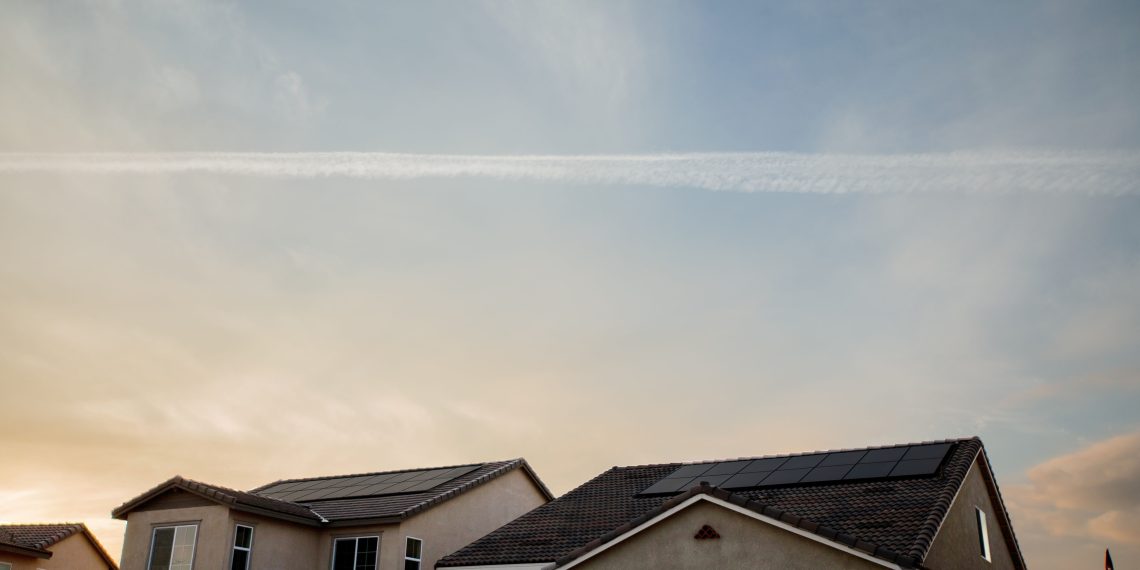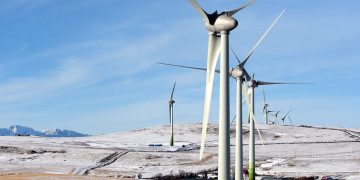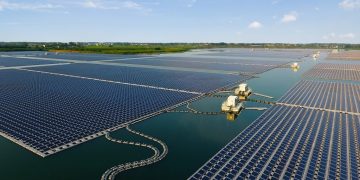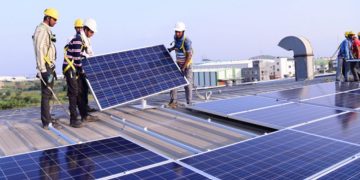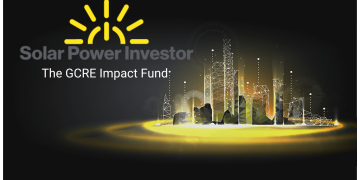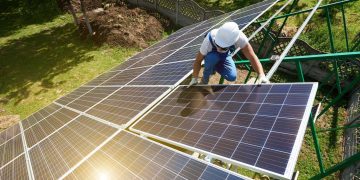China’s Huawei Technologies, the world’s largest solar inverter manufacturer, ended its U.S. inverter sales last week, based on an equity research note from Roth Capital Partners published Monday.
The investment banking company advised Greentech Media that it has learned Huawei is going to put off or move some of its U.S. work force, while maintaining some technical support and guarantee staff. A Huawei spokesperson confirmed to Greentech Media that it is eliminating”several positions” from the U.S. and reassigning non-U.S. citizen personnel to other regions. The business blamed the changes to an”unwelcoming climate fostered in the USA.”
The spokesperson did not comment specifically on the conclusion of U.S. inverter sales. Another spokesperson advised GTM that Huawei had not closed down a branch, but also declined to comment on the status of U.S. inverter sales. * As of Monday afternoon, the business was still answering pre-sale consultation phone inquiries for the U.S. market. Roth senior analyst Philip Shen said the sales shutdown was supported by three resources, including two Huawei clients.
U.S. authorities have toyed with an outright ban on Huawei’s inverters for decades, amid allegations of intellectual property theft and increasing concerns that the company has ties to Chinese intelligence services. Huawei is the world’s biggest producer of telecommunications gear, with the solar marketplace only 1 part of its sweeping business operations.
In February, 11 U.S. senators asked Energy Secretary Rick Perry and Homeland Security Secretary Kirstjen Nielsen (who stepped down from this post in April) to ban Huawei inverters because they believed they introduced a”national security threat.” The national government has placed some restrictions on Huawei products.
Lindsay Cherry, a solar analyst at Wood Mackenzie Power & Renewables, said even the potential for a U.S. ban had already cast a very long shadow on Huawei’s prominence in the marketplace by producing fear of purchasing its goods and decreasing bankability of the company’s inverters.
“Considering that the proposed ban in late February, I think this has been the writing on the wall,” said Cherry. “It was probably inevitable that they would cease operations in the U.S.”
Preliminary figures from Wood Mackenzie Power & Renewables place Huawei’s global market share at 22 percent in 2018, the greatest of any firm, down from 25 percent in 2017.
The organization’s U.S. footprint is smaller, at about 4 percent of the marketplace in 2018. For three-phase inverters, those used in utility-scale and industrial and commercial installations, Huawei claimed 16 percent share from the U.S., third following Chint Power Systems and SMA.
Though political factors have experienced the most important impact on Huawei’s U.S. discuss, inverter companies are also dealing with tariffs and uncertainty due to yo-yoing trade negotiations between China and the U.S.
Huawei had planned to expand its own single-phase, residential inverter into the U.S. market, but those plans got tangled up at the diplomatic standoff.
Enphase and SolarEdge, two competing providers of inverters for the U.S. residential marketplace, are most likely to observe a positive impact from a Huawei pullback, analysts at Roth and WoodMac explained. “SolarEdge occupies such a large part of the single-phase marketplace,” said Woodman’s Cherry. “Huawei would happen to be offering a similar way”
Roth’s Shen has advocated buying stocks of Enphase and SolarEdge.
How the shutdown from the U.S. may impact Huawei’s global standing remains to be seen. “It’s game over in the U.S. for now,” said Shen. “As it relates to international demand, it is hard to say.”


